Story Highlight
– Home births suspension likely to be extended for safety.
– NHS lacks experienced community midwives, complicating staffing issues.
– Maternity services under significant regulatory scrutiny since June.
– Director of Midwifery resigned after difficult decisions made.
– Government investing over £130m to improve maternity safety.
Full Story
Gloucestershire’s maternity services are facing an extended suspension of home births as NHS leaders work to address ongoing patient safety concerns. Kevin McNamara, the Chief Executive of Gloucestershire Hospitals NHS Trust, has indicated that this suspension, initially set for two weeks, is likely to be prolonged in order to facilitate the development of a new staffing model within the trust.
The trust has openly acknowledged that there is a significant shortage of experienced community midwives, a factor that has greatly exacerbated the current situation. In response to the suspension, the trust has proactively reached out to families who had intended to have home births, ensuring that midwives have engaged in conversations with them to discuss alternative options available.
Mr McNamara stated in an interview with BBC Radio Gloucestershire that the trust is committed to adopting an “evidence-based approach” in evaluating and implementing new care models observed in other regions across the country. This commitment comes amid heightened scrutiny from regulatory bodies concerning the quality of maternity services in Gloucestershire, described by the CEO as particularly challenging.
The Gloucestershire Hospitals NHS Trust is one of 14 NHS trusts under review for their maternity services due to what has been characterized as systemic failures. This scrutiny is part of a rapid assessment of maternity care across England initiated earlier this year. An alarming external review that took place in September highlighted that the tragic deaths of nine infants may have been preventable had there not been “missed opportunities” in their medical care from 2020 to 2023.
In light of these findings, Mr McNamara emphasized that the trust is diligently focusing on the necessary improvements to ensure that future maternity care, including any reinstated home births, can be conducted safely.
Concerns about the state of maternity services in Gloucestershire were notably raised in a recent BBC Panorama investigation. Midwives within the trust have reported a detrimental work culture and ongoing staff shortages, which they believe have contributed to avoidable baby deaths. A particularly distressing case involved the passing of newborn Margot Harvey, which reportedly occurred after the trust failed to intervene with two staff members following an incident at the low-risk Cheltenham Birth Centre.
A former midwife named Michelle, who departed from the trust in 2020 following the tragic event, highlighted that her former colleagues continue to express their frustrations, stating, “Things aren’t changing. Midwives are still under so much pressure.”
Despite efforts to bolster the workforce, data from the trust reveals that while 25 midwives have been hired since 2022, the trust has also seen the departure of 14 experienced midwives in the past six months. This situation places an even greater strain on those remaining and underscores the ongoing challenges faced by the trust in maintaining safe maternity care.
In another notable development, Liz Stephens, the Director of Midwifery at the trust, resigned last week after four years in the position. An internal email to staff conveyed that Ms Stephens had been forced to make a “huge number of very difficult decisions,” and her departure was indicated to come as a blow to many within the organisation.
The independent National Maternity and Neonatal Investigation, which encompasses Gloucestershire’s maternity services, is currently underway. This investigation aims to outline necessary actions to improve care across all NHS maternity services and is anticipated to publish its findings in Spring 2026.
The Department of Health and Social Care has reiterated its commitment to ensuring that all women receive safe and high-quality care during childbirth. The department has promised that urgent measures are being implemented to enhance maternity services, which include an investment exceeding £130 million aimed at making maternity and neonatal units safer.
As the situation continues to unfold, expectant mothers in Gloucestershire are left grappling with uncertainty regarding their birth plans. Advocates for maternal health are calling for timely and effective solutions to the staffing issues at the trust and to rectify the systemic failures highlighted in recent reviews.
Local communities and health stakeholders are urged to stay engaged as proactive discussions on the future of maternity care in the region develop. The challenges at Gloucestershire Hospitals NHS Trust serve as a stark reminder of the complexities and critical need for excellence in maternal healthcare, which is currently under the microscope of both regulatory oversight and public scrutiny.






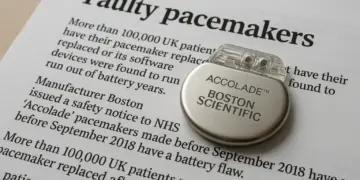

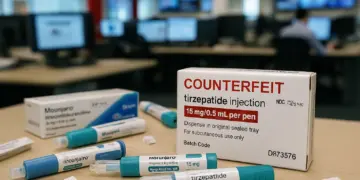

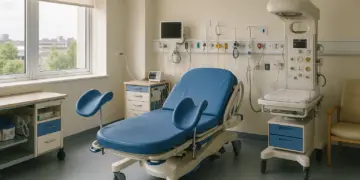
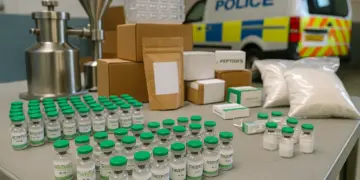





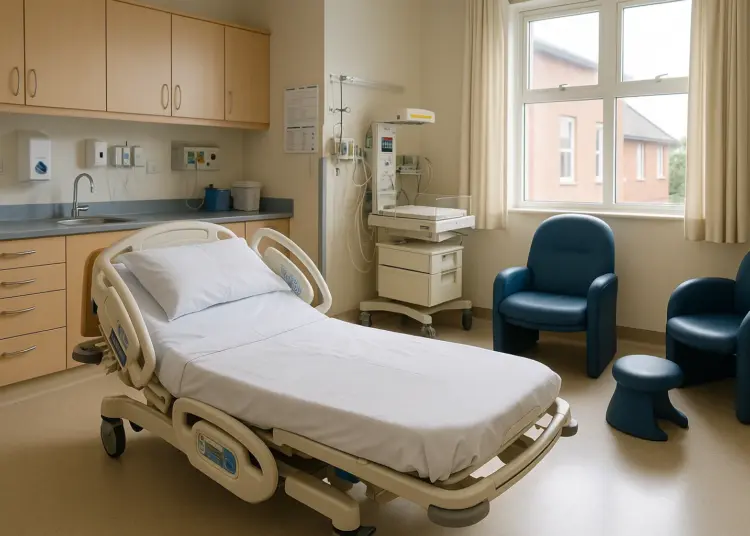




This is deeply worrying for families and staff. Suspension of home births reflects serious staffing and safety gaps that must be addressed quickly. The trust needs a clear, transparent plan for recruiting and retaining experienced community midwives and for restoring safe home birth services where appropriate. In the meantime women must be given honest information about options and supported to make informed choices, and lessons from the incidents that prompted regulatory scrutiny must be openly acted on to prevent future harm.
The priority must be safe care for mothers and babies. If home births cannot be staffed safely then suspension is the right decision while a clear, funded plan is put in place to recruit, retain and properly support experienced midwives. Communication with expectant parents must be open and timely so they understand their options and any changes to care. Oversight should focus on practical improvements in staffing, training and handover processes to restore confidence and make home birth a safe choice again.
This is deeply worrying for families and staff. Suspending home births while staffing and safety issues are unresolved is the responsible step to protect mothers and babies, but it also highlights how fragile community maternity services have become. The trust must prioritise immediate actions to stabilise staffing, support remaining midwives, and put a clear, transparent plan in place for restoring safe options as quickly as possible. Regulators and government funding have a role to play, but local leadership needs to move fast on practical measures such as safer staffing models, improved training and supervision, robust incident learning, and clear communication with expectant parents about available choices and risks.
This suspension is deeply worrying for families relying on choice in where to give birth. Short staffed community midwifery teams put women and babies at risk and limit access to personalised care. The trust must urgently implement a robust interim staffing plan and clear communication so expectant parents know their options and can make informed decisions. Longer term there needs to be decisive action on workforce recruitment training and retention, plus independent oversight to restore confidence in services.